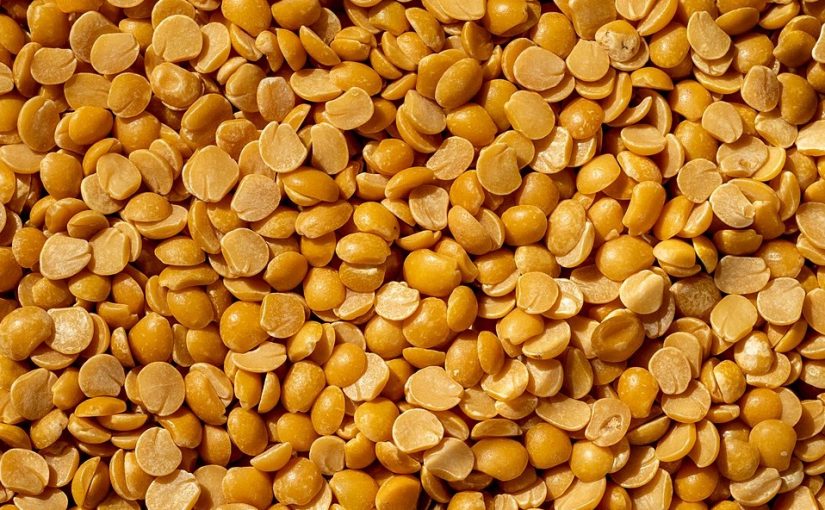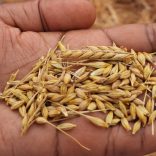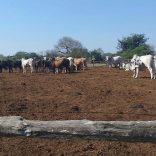Minister of Foreign Affairs of Belarus Ryzhenkov meets with delegations of Mozambique , Botswana ...
Mozambique: Government removes restrictions on pigeon pea exports to India

in file CoM
The Mozambican government has instructed the General Directorate of Customs (DGA) to authorise “free access” to the export of pigeon peas, at a time when dozens of tons of the product remain in limbo pending sale to India.
“Considering the high losses caused to the economy as a result of these technical barriers, the Director-General of Customs must instruct the services, with immediate effect, to have free access to exports for all interested economic agents,” reads the order from the Minister of Economy and Finance, Max Tonela, to which Lusa had access on Thursday.
At issue is a dispute in court over the liberalisation of exports, which led to the blocking of dozens of tons of pigeon peas, Mozambican production of which is practically all purchased by India.
Mozambique’s Confederation of Economic Associations (CTA) commented in a statement that, “We believe that this action revives this important component of the national economy with direct impacts on all members of the value chain, with more than one million small producers and all the way to the storage as well as the State revenues associated with exports.”
The constraints on the export of pigeon peas, says the CTA, “compromised around 20% of agricultural exports” and at least 150,000 tons of pigeon peas were held in the port of Nacala, “waiting to be exported”, with monthly storage costs of more than 80 million meticais (€1.1 million).
“By November, around 230,000 tons of pigeon peas had been exported,” states the CTA, estimating that “more than 160,000 tons” are yet to leave Mozambique.
“Therefore, until now, around 60% of the available product has been exported and, generally, by now we should be at 90%,” the CTA adds.
After the lawsuit filed by one of the economic agents against the decision to liberalise these exports, the CTA recalls that the Administrative Tribunal of the City of Maputo authorised the exports, but “the lack of instruction from the DGA (General Directorate of Customs) to authorize the pigeon pea export process persisted” .
“We now appeal to the DGA to comply with all these superior decisive elements, namely the decision of the Administrative Court of the City of Maputo and the Minister of Economy and Finance,” the business confederation concludes.
The Mozambican government clarified at the end of November that it had appealed the decision of a court that had previously banned the export of more pigeon peas to India, maintaining the sale of only a quota of 200,000 tons of this product to the Asian country.
The Minister of Industry and Commerce of Mozambique, Silvino Moreno, stated in parliament that the decision of the aforementioned court resulted from the request of a pigeon pea exporter, who contests the sale to India of quantities exceeding the 200,000 ton quota, alleging the risk of losses to his business.
The complainant submitted the case to the court, after the Mozambican authorities announced that the limit of 200,000 tons of annual pigeon pea exports to India, until March 2024, would no longer apply, the Minister of Industry and Commerce said.
The suspension of the measure, which had been in force since 2016, followed a request from the Ministry of Industry and Commerce of India, for the free sale of that product to the country, explained Silvino Moreno, adding at the time that the Mozambican government appealed the court’s decision.
The export of pigeon peas to India, which is the main market for this product, is the result of a memorandum of understanding with Mozambique, signed in 2016, providing for exemption from customs duties for Indian importers.
India is the largest producer and consumer of pigeon peas, with the Indian press reporting in recent weeks a 10% increase in the price of the product in the country in two months, precisely due to difficulties in importing it from Mozambique.












Leave a Reply
Be the First to Comment!
You must be logged in to post a comment.
You must be logged in to post a comment.